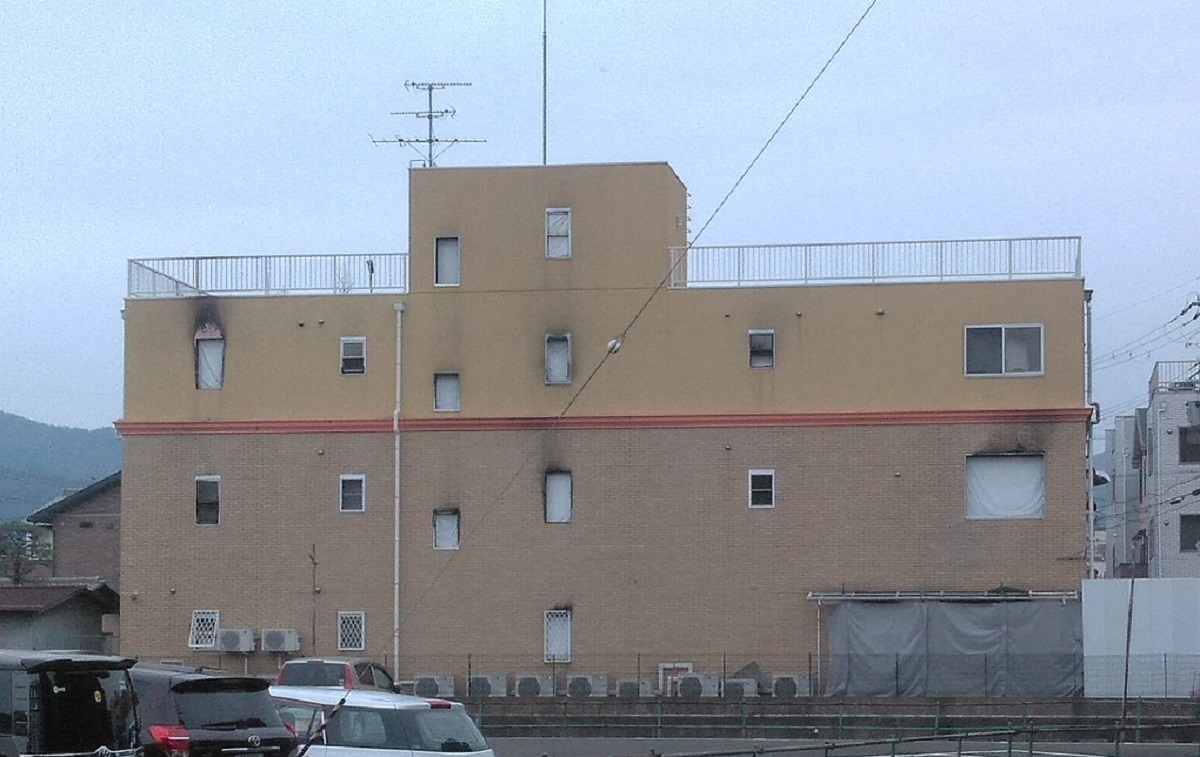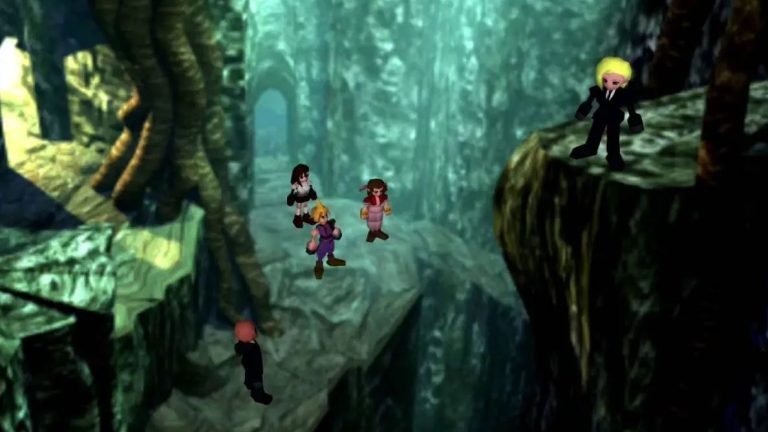The long-awaited trials for the infamous Kyoto Animation arson case in which 36 people were killed and 32 were seriously injured started on September 5 this year. The public’s gaze is fixed firmly on the hearings in anticipation of the outcome, and each of the defendant Shinji Aoba’s statements are being heavily scrutinized. The defendant’s claim that he was unaware of how many people could die due to his actions is raising some eyebrows in particular, with some voicing concerns that he may be suggesting homicide by willful negligence.
During the first trial for the case that was held at the Kyoto District Court on September 5, the defendant Aoba Shinji (45) admitted to all charges against him, including murder, attempted murder and arson of an inhabited object, but his defense pleaded not guilty and disputed his ability to bear responsibility (Related Article).
In response to charges, Aoba reportedly responded, “There’s no mistaking it was my doing. At the time, it was the only action I could think of. I didn’t think so many people would die. Now, I feel that I had gone too far after all.” (Gendai Business)
Hisashi Sonoda, a professor of criminal law, offered an analysis of this statement for the Daily Shincho, addressing the probability of it being interpreted as willful negligence. At the time of the incident, Aoba himself suffered severe burns to over 90% of his body and was on the verge of death for months, dealing with the crippling consequences of the burns to this day. Professor Sonoda cites this as reason to believe that there is truth in the defendant’s testimony, in the sense of him not knowing just how dangerous gasoline can be, adding that the case occurred in the heat of July, when gasoline would have vaporized in great amounts due to high temperatures.

However, according to Sonoda, even if the defendant’s statement that he did not expect such a number of deaths is true, this testimony cannot be grounds for a judgement of homicide by willful negligence, and this is due to the other circumstances of the incident. First, the defendant surely recognized the objective danger in the act of pouring and setting gasoline on fire, as opposed to say, someone prank-ringing a fire alarm, resulting in people dying in a crowd crush while evacuating. This makes the murders fully intentional.
Furthermore, Sonoda explains that the number of victims being unexpected could only mitigate charges if the defendant had carried out a prior investigation to determine the amount of people that would be present when he committed the crime, and an unexpected factor caused more people to be present than planned. In the Kyoto Animation arson incident, this was not the case.
The trials are expected to continue until a ruling is handed down in January next year (The Mainichi), but another factor that remains a source of concern going forward is whether Aoba will be judged able to bear full responsibility for the crime or not, as his defense argues that he was non compos mentis and cannot be liable.





